 Emergence in Nairobi' project (or 'Urban Zoo' for short). We are now almost 2 years in to this interdisciplinary undertaking, and it has been, at once an exciting, frustrating, energizing and stimulating journey so far.
Emergence in Nairobi' project (or 'Urban Zoo' for short). We are now almost 2 years in to this interdisciplinary undertaking, and it has been, at once an exciting, frustrating, energizing and stimulating journey so far.
I have been hugely impressed with the efforts of our many staff, students, interns and consultants in getting this project off the ground and collecting now vast amounts of data. The project links 9 core academic partners (Universities of Nairobi, Liverpool, Edinburgh, University College London and the Royal Veterinary College; International Institute for Environment and Development, the International Livestock Research Institute, Kenya Medical Research Institute, African Population and Health Research Center) to an expanding network of Kenyan government and policy institutions, as well as NGOs, International Organizations and community groups. There is increasing inter linkage between the different partners and these other key players as data collection proceeds, links that will only intensify as our data gathering exercises move on. In particular, I highlight our continuous interactions with the Kenya Zoonotic Disease Unit (ZDU; http://zdukenya.org), an inter‐ministry (health and livestock) government body with the mission of 'establishing and maintaining active collaboration at the animal, human, and ecosystem interface towards better prevention and control of zoonotic diseases.
We have built additional grant applications around the scaffold that Urban Zoo provides, focusing on goat milk value chains, human nutrition in poor urban residents, molecular phylogenetics of bacteria, food chain risk assessment and delivery of integrated surveillance and disease control activities. Our partnerships with, in particular, the Leverhulme Centre for Integrative Research on Agriculture and Health (http://www.lcirah.ac.uk) based at the London International Development Centre (LIDC), and the CGIAR Research Program on Agriculture for Nutrition and Health (http://www.a4nh.cgiar.org) based at the International Livestock Research Institute (ILRI) have yielded significant add‐on benefits to Urban Zoo and have supported new avenues of research. Many exciting findings lie ahead, and no doubt so do many challenges; our team ‐ which now involves approximately 65 people, are well placed to meet those challenges, having learnt to work across disciplines and in challenging field conditions.
Special points of interest:
Urban Zoo is an interdisciplinary programme focused around the role of urbanization in the emergence of zoonotic pathogens. We are funded by the Environmental and Social Ecology of Human Infectious Diseases initiative (ESEI), a joint UK Research Council initiative which is part of the Living With Environmental Change programme.
The Urban Zoo team involves approximately 65 people and hosts MSc and PhD students from UK and Kenyan universities
The Zoonotic and Emerging Disease group studies a range of epidemiological issues revolving around the domestic livestock, wildlife and human interface


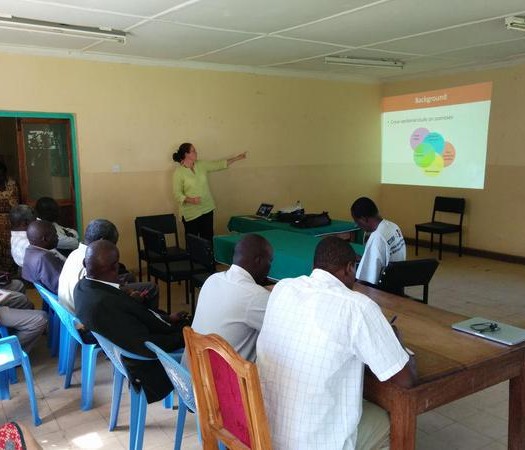
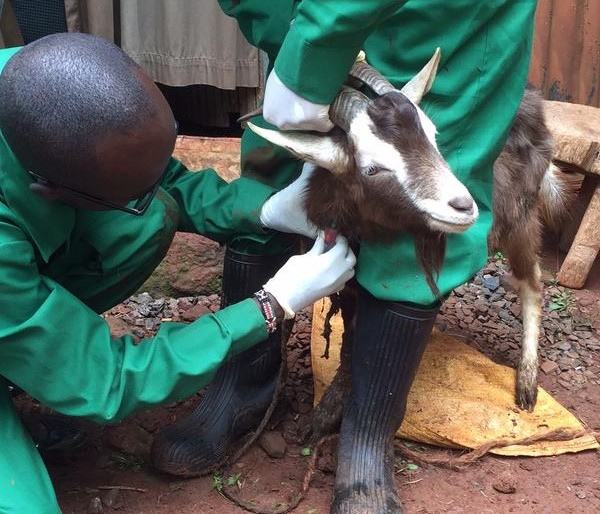
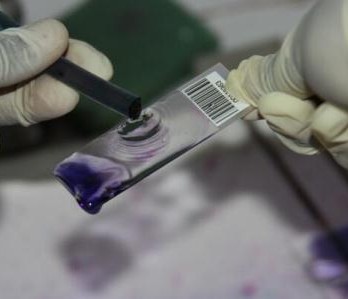
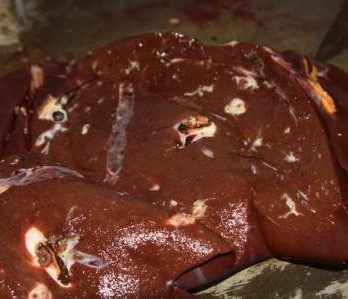
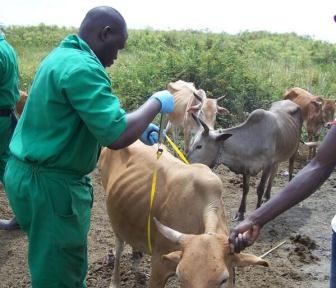
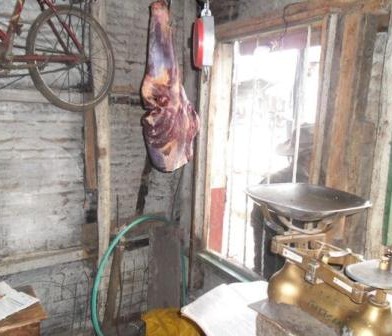
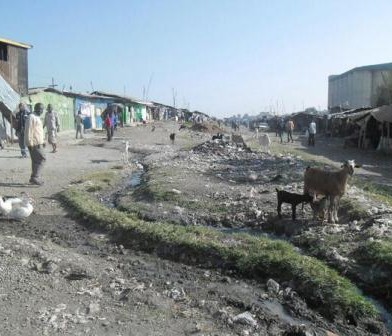
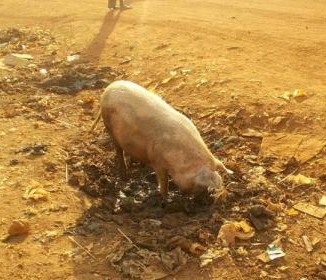
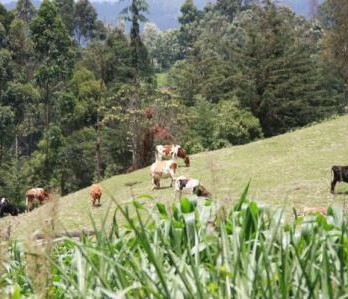
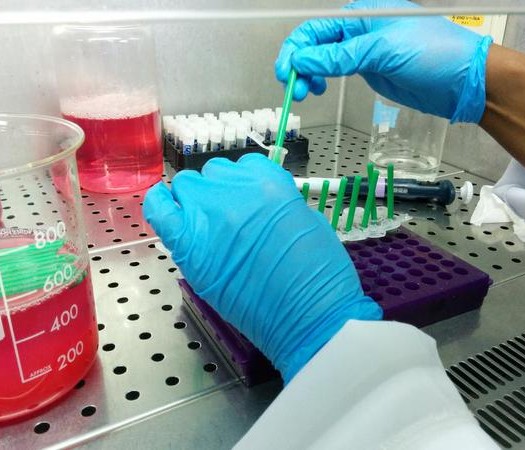
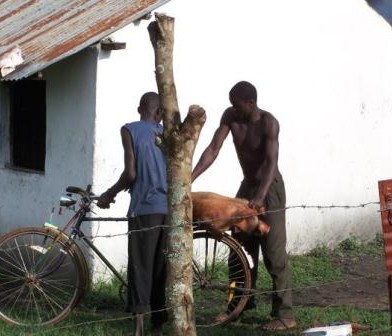
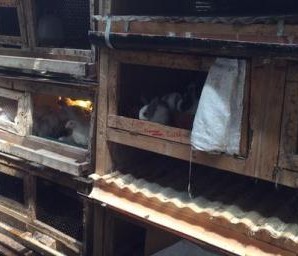
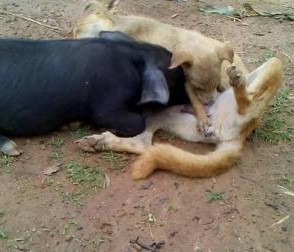
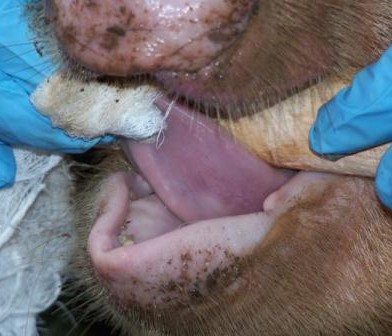
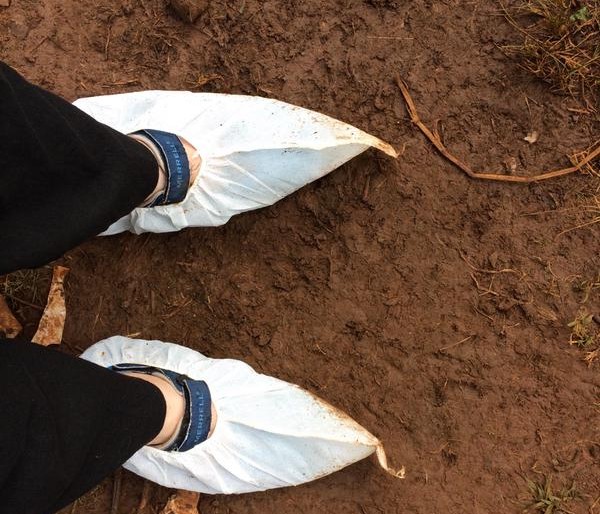

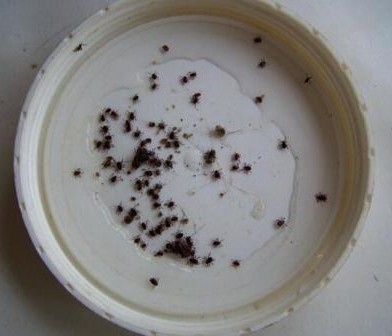
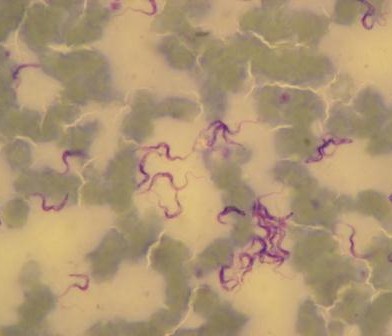
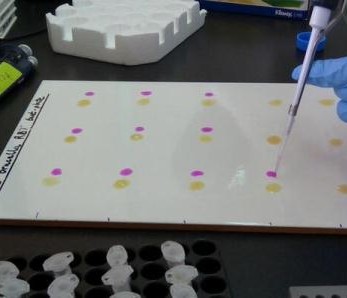
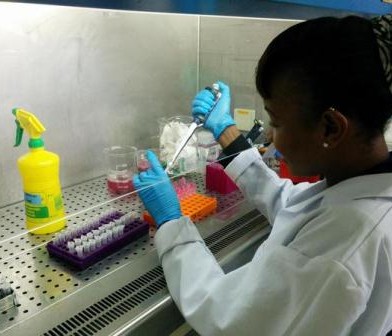
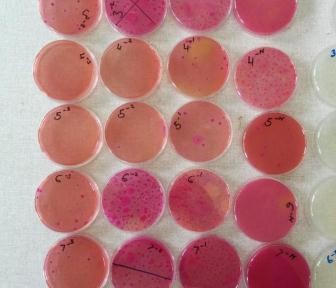
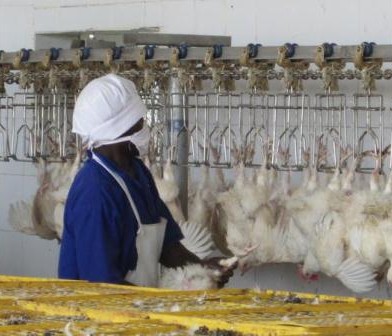
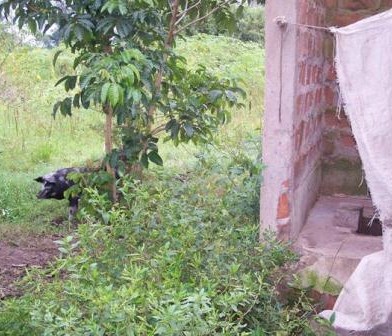
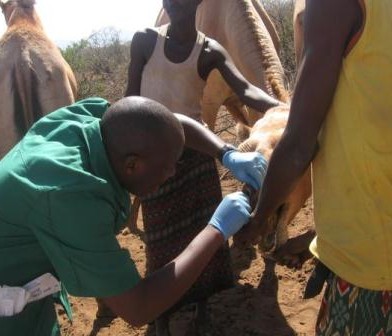
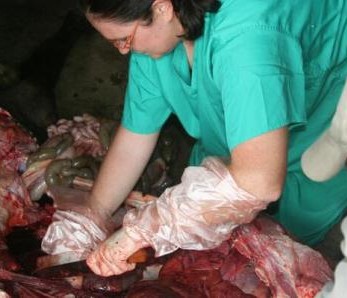
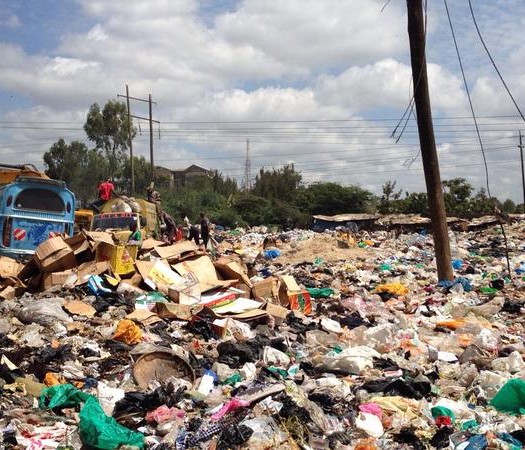
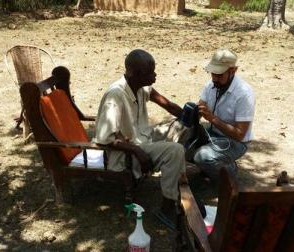
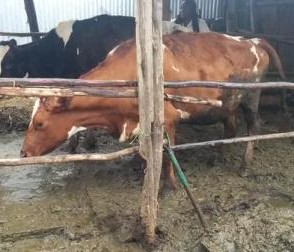
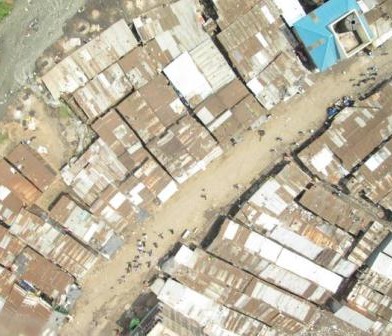
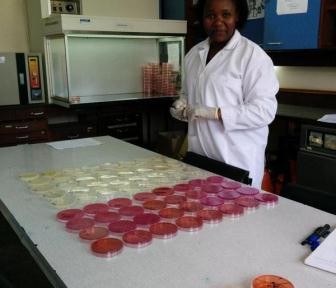
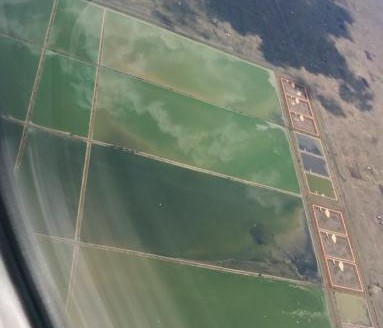
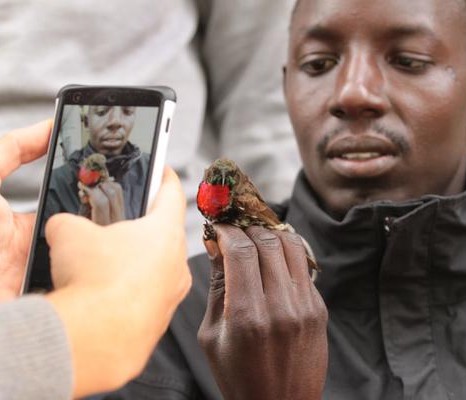
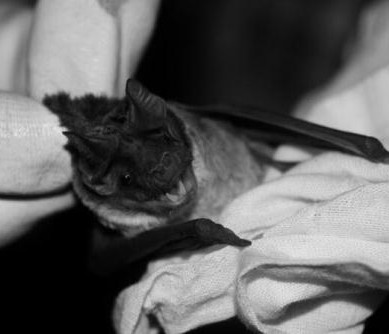
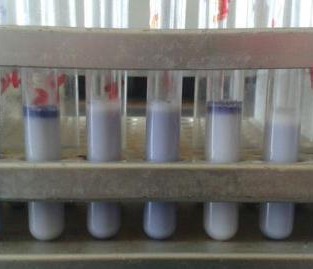
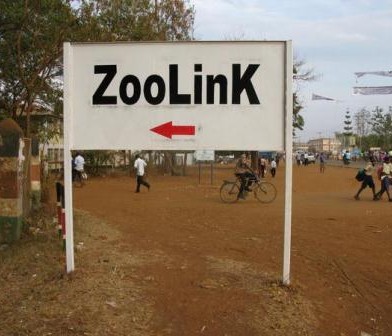
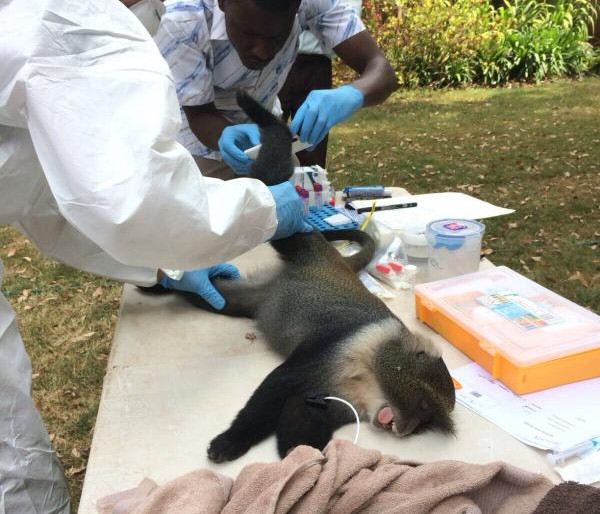
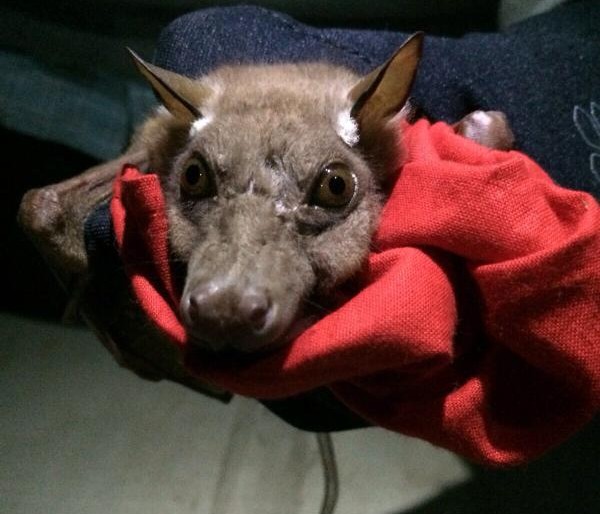
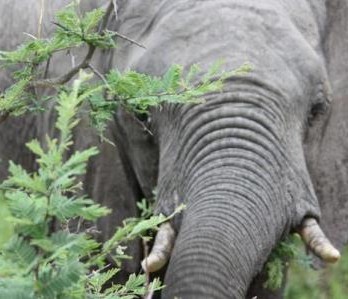
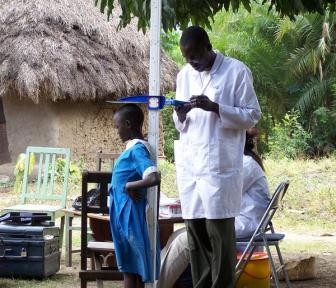
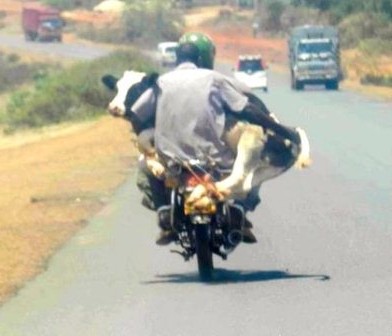
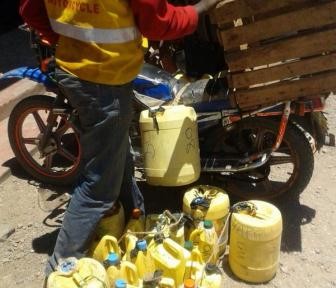

You must be logged in to post a comment.